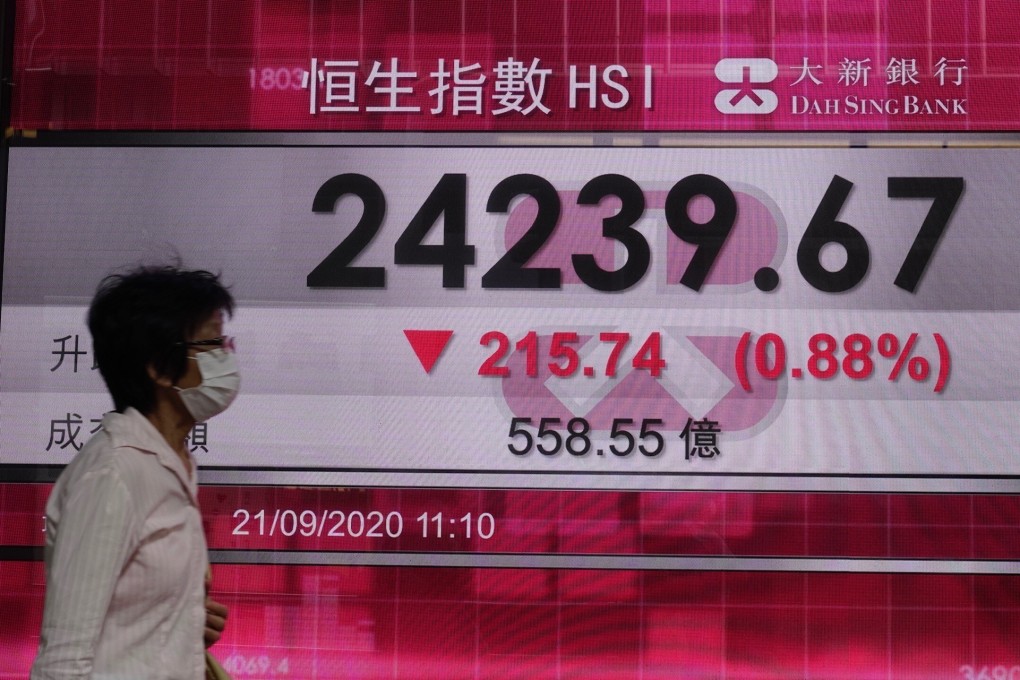Concrete Analysis | Is the Hang Seng Index or unemployment rate a better predictor of Hong Kong housing prices?
- Martin Wong of Knight Frank looks at data correlating major movements in the Hang Seng Index and unemployment rate with those in Hong Kong’s home prices
- The Covid-19 outbreak has pushed the Hong Kong unemployment rate to its the highest level in 16 years, while the benchmark stock index fell almost 14 per cent in the first half of 2020

In the last two years, Hong Kong has endured a series of major incidents, from the US-China trade war to the anti-extradition bill and associated social unrest, to the Covid-19 pandemic. The Hong Kong economy has been dampened since the third quarter of 2019, with GDP growth flipped from an uptrend at 0.4 per cent to a downbeat minus 9.0 per cent within four quarters.
However, only the HSI showed a high correlation with housing prices over the longer term, its moves preceding those of house prices by three to six months, especially for the mass residential sector.
With Hong Kong witnessing several socio-economic events recently, we have conducted further research into how housing prices and the HSI evolved during this period.
After the US imposed a 25 per cent tariff on a list of Chinese imports in August 2018, the HSI tumbled 10.4 per cent during the August-October period of that year, and mass residential prices followed by falling 5.1 per cent in the next two months.
